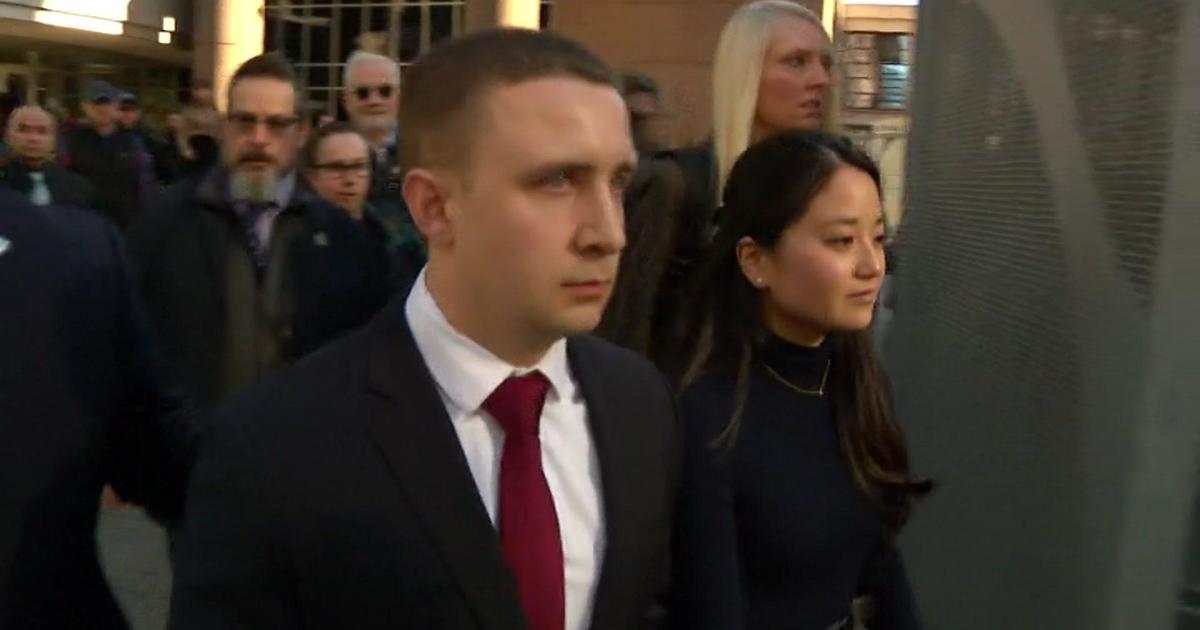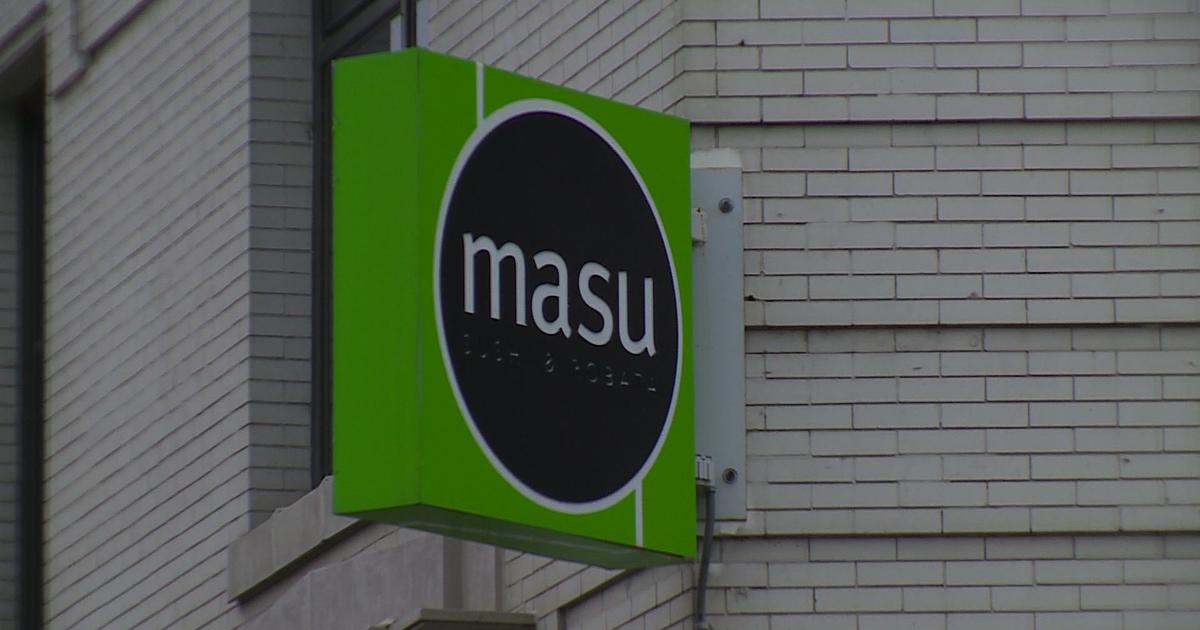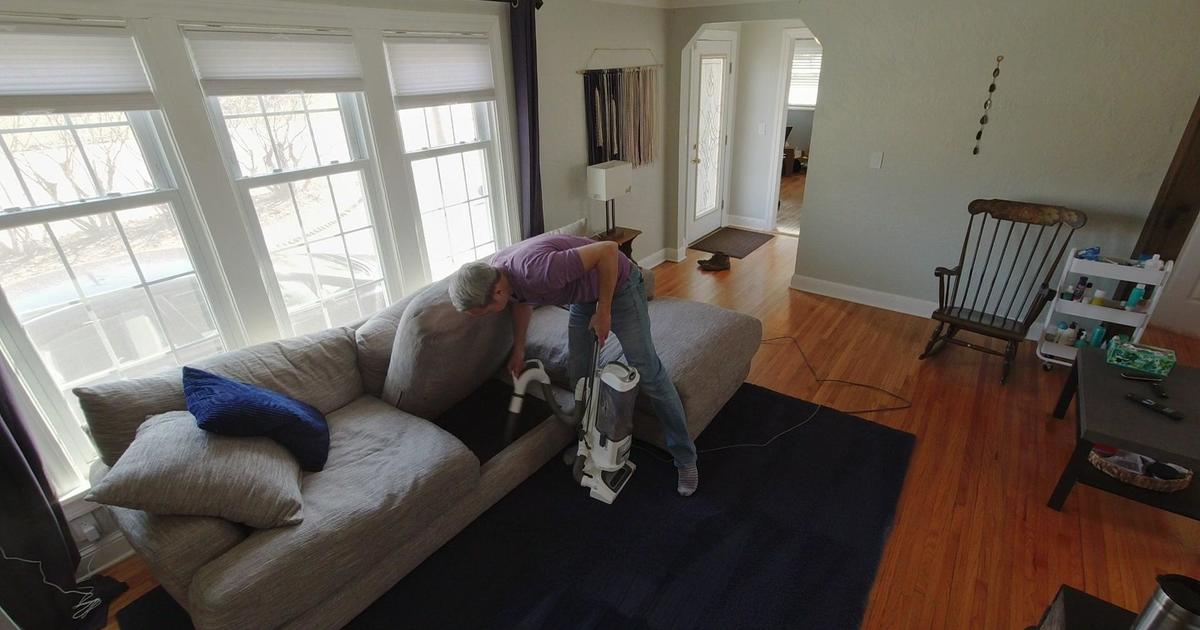Good Question: How Common Is Welfare Fraud?
MINNEAPOLIS (WCCO) -- A Deephaven couple was in a Florida jail Wednesday night awaiting extradition back to Minnesota. Colin and Andrea Chisholm are accused of bilking the state out of $167,000, starting back in 2005. Prosecutors say they lived in a $1 million home and, at one point, owned $1 million yacht while they were receiving cash assistance, food support and medical assistance.
Experts say the magnitude of this alleged scheme is rare, but it got us wondering: How common is welfare fraud?
"There's no amount that's OK," said Jerry Kerber, the inspector general with the Minnesota Department of Human Services. "We need to do whatever we can to ensure public trust in these programs."
Last year, the state of Minnesota gave public assistance to 1.1 million people in the form of food stamps, Medicaid, child care, and cash assistance. Along with the counties, the inspector general's office investigated 7,500 cases of suspected welfare fraud during that time.
Of those investigations, 500 were of Medicaid providers, where the average overpayment was estimated to be $7,000 per case.
"We're looking at the records to see whether or not a provider was being paid for a particular type of care, that either wasn't authorized or wasn't being provided by the properly credentialed person, or frankly didn't get provided at all," he said.
The rest of the investigations centered on welfare recipients. Kerber said there were of variety of fraud types, but the most common was misreporting income. Estimates of overpayment ranged anywhere from a few hundred dollars a month for food stamps to $1,000 a month for full Medicaid benefits.
"It's related to if they got a job that pays them a little more or there's a second income or somebody has moved into the house or somebody has moved out of the house," said Kerber.
Last year, the state enacted legislation to crack down on welfare fraud. It required courts to report felony drug convictions to the Minnesota Department of Human Services, require DHS to check against the Minnesota Department of Public Safety facial recognition database and share information about when a recipient's U.S visa has expired.
"Anecdotally, I hear it a lot," said Rep. Steve Drazkowski (R-Mazeppa), sponsor of the legislation. "I think it's more common that we think it is."
In addition, Kerber says the state has instituted some more preventative measures to guard against fraud. One of those changes might have made a difference in the Chisholm case because the couple is accused of collected public assistance benefits in Florida and Minnesota at the same time. Since 2009, the state has participated in a public database to check whether a person is collecting benefits in more than one state.
Ultimately, though, this is a system that relies on other people reporting fraud, which makes it difficult to determine the extent of the issue. The state has set up a hotline for people to contact with suspected fraud cases.
"It's hard to know what we don't know," said Kerber. "It's hard to know what might be going on under the radar."



